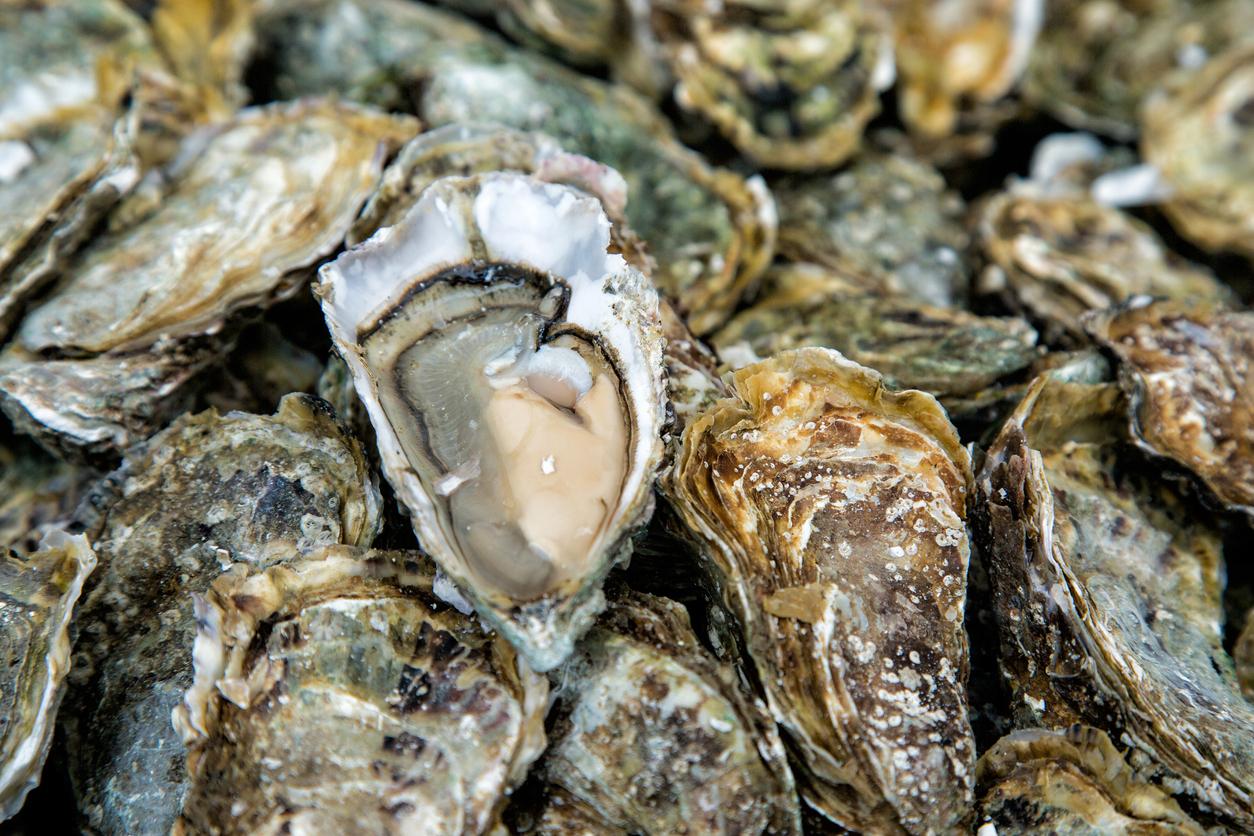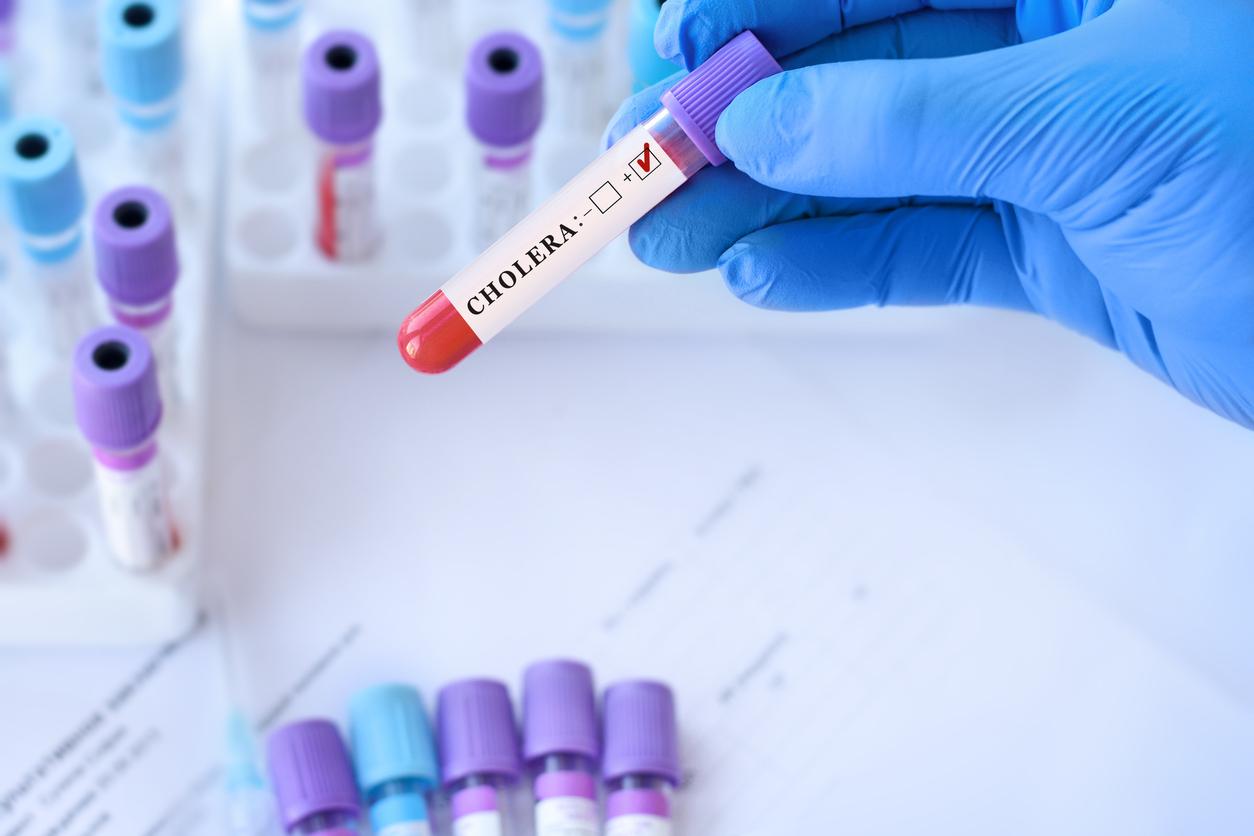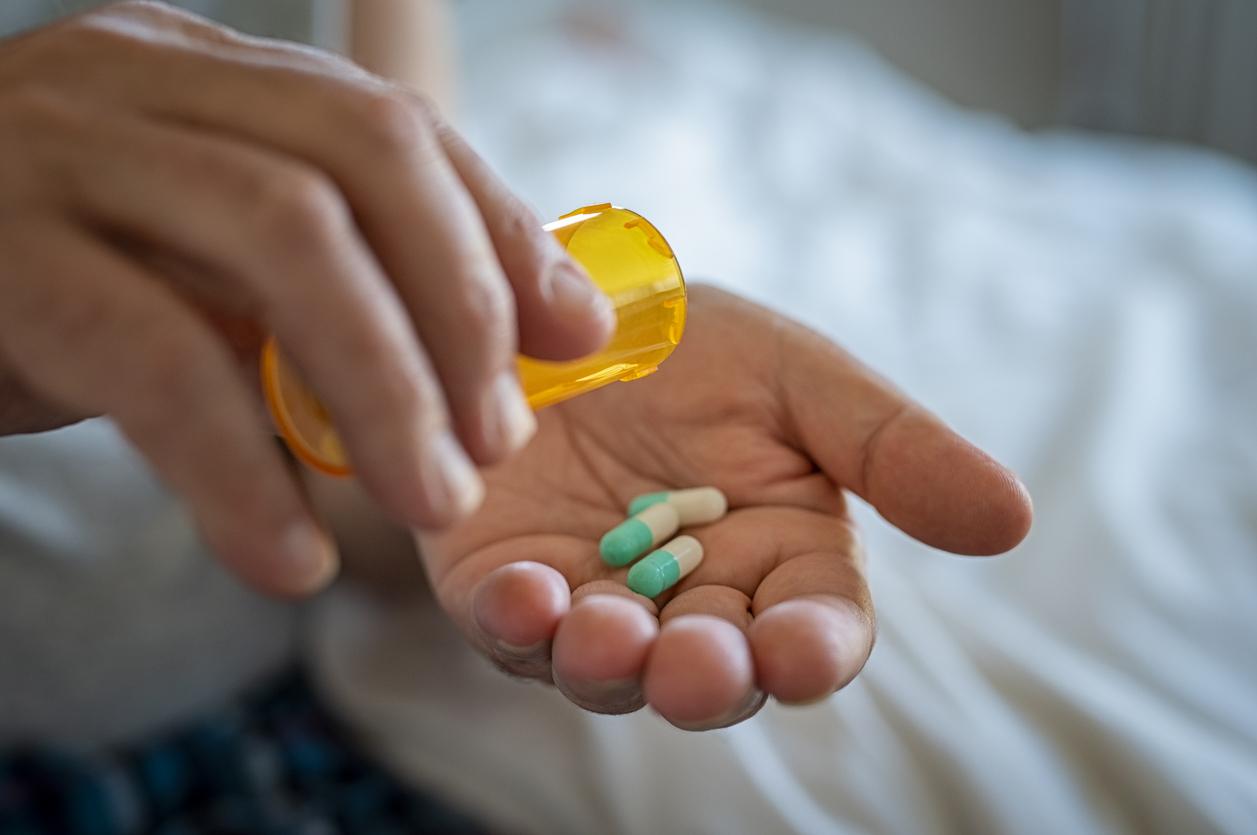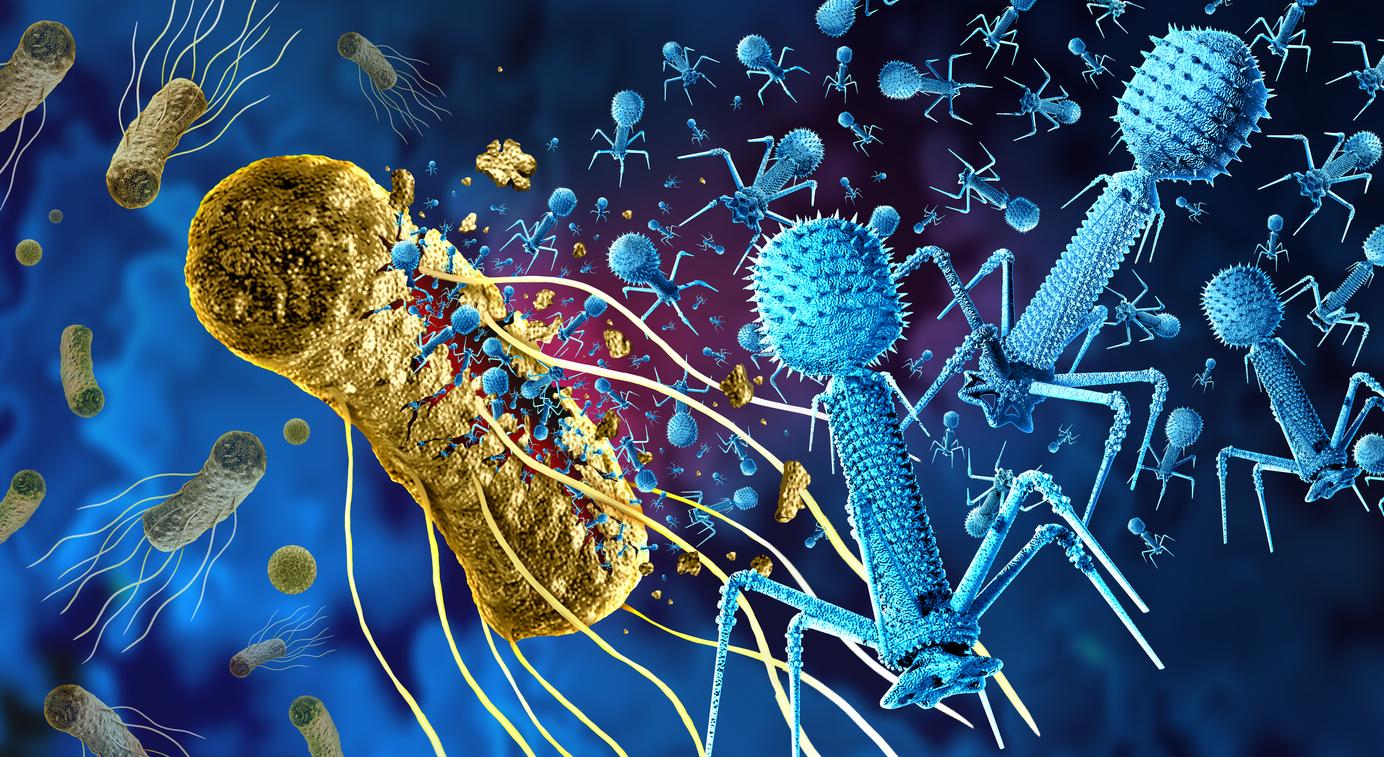Half of travelers returning from the tropics have acquired an infection with multi-resistant enterobacteria, according to a study conducted in France.
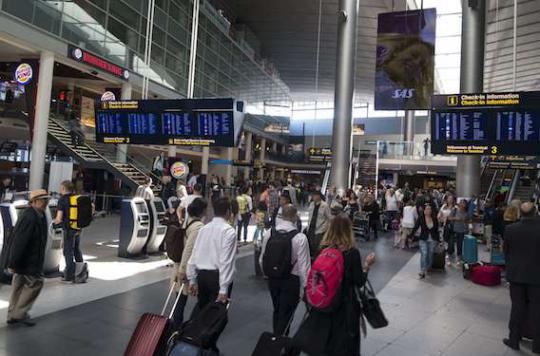
The heat, the blue waters, the fine sand… Every summer, the tropical zones make millions of French people dream and travel. Most bring back memories of their vacation. Some are more stubborn than others. One in two holidaymakers return from the tropics with multi-resistant enterobacteriaceae, according to a French study published in Clinical Infectious Diseases.
Enterobacteriaceae are small organisms that occur naturally in our digestive tract. Some are harmless, others can cause serious infections. When they are resistant to antibiotics, the threat is even greater. To verify the extent of this phenomenon, a team from CHU Bichat-Claude-Bernard (Paris) conducted a study among 824 travelers.
Diarrhea facilitates infection
A week before leaving for sub-Saharan Africa, Asia or South America, participants completed a medical questionnaire and provided a stool sample. They reproduced the protocol 3 days after their return. Those who showed symptoms did this again until all traces of bacteria disappeared. In total, 51% of holidaymakers have acquired a multi-resistant enterobacteriaceae. People returning from Asia are the most affected (72%).
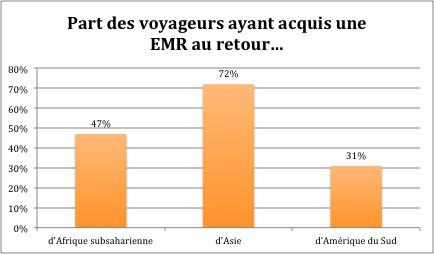
The acquisition of enterobacteriaceae is facilitated by the intake of antibiotics, the occurrence of diarrhea during the trip and the type of trip. The study reveals that “open” trips are more at risk than closed ones, such as vacation travel. The good news is that 95% of travelers spontaneously shed bacteria within 3 months of their return.
.








